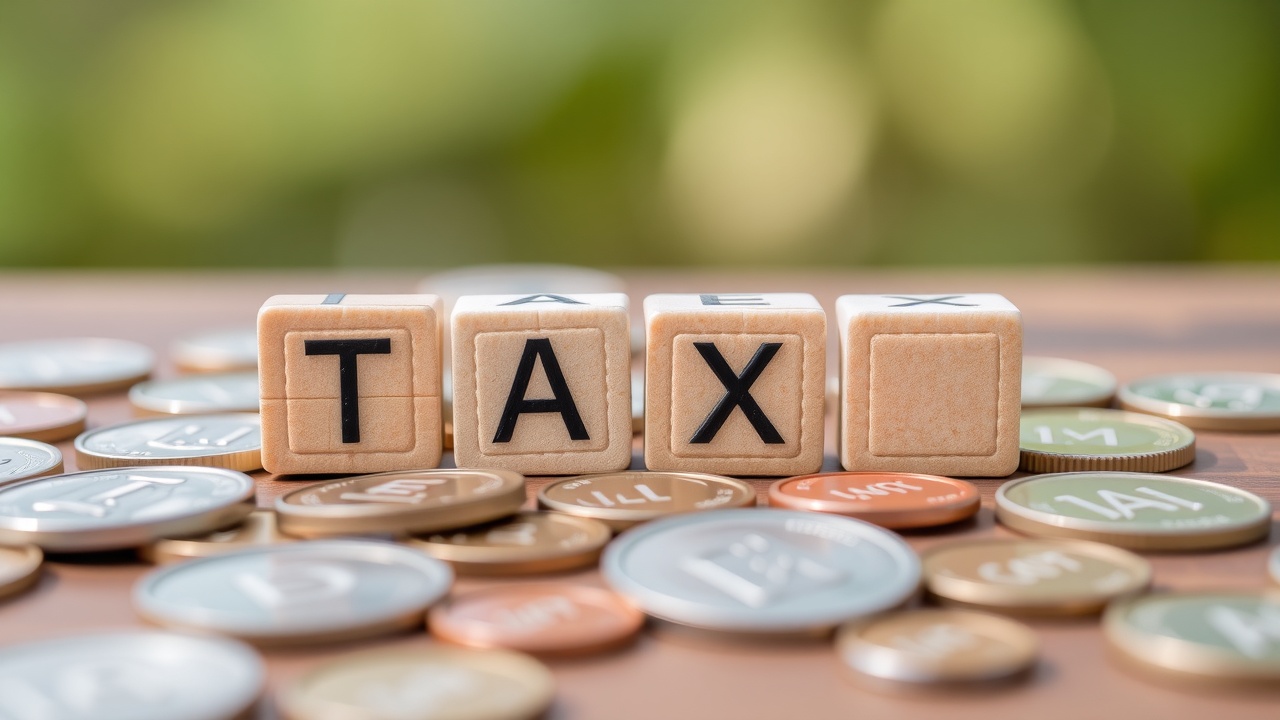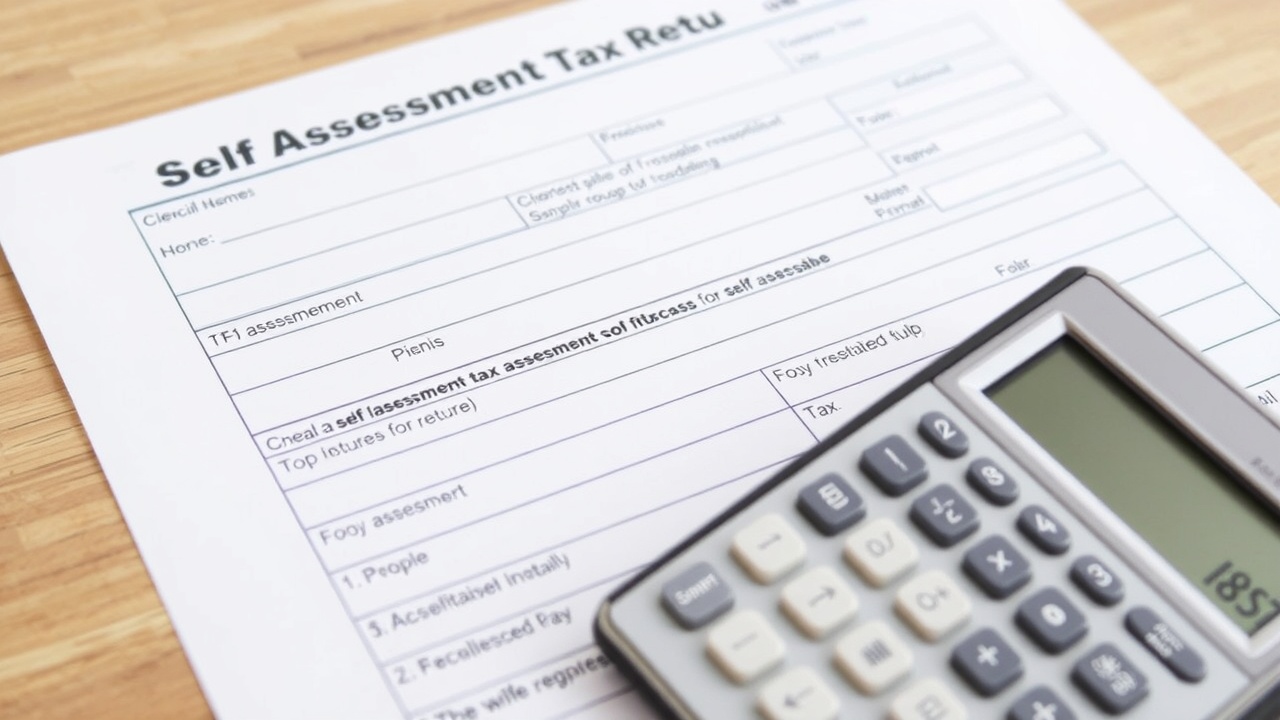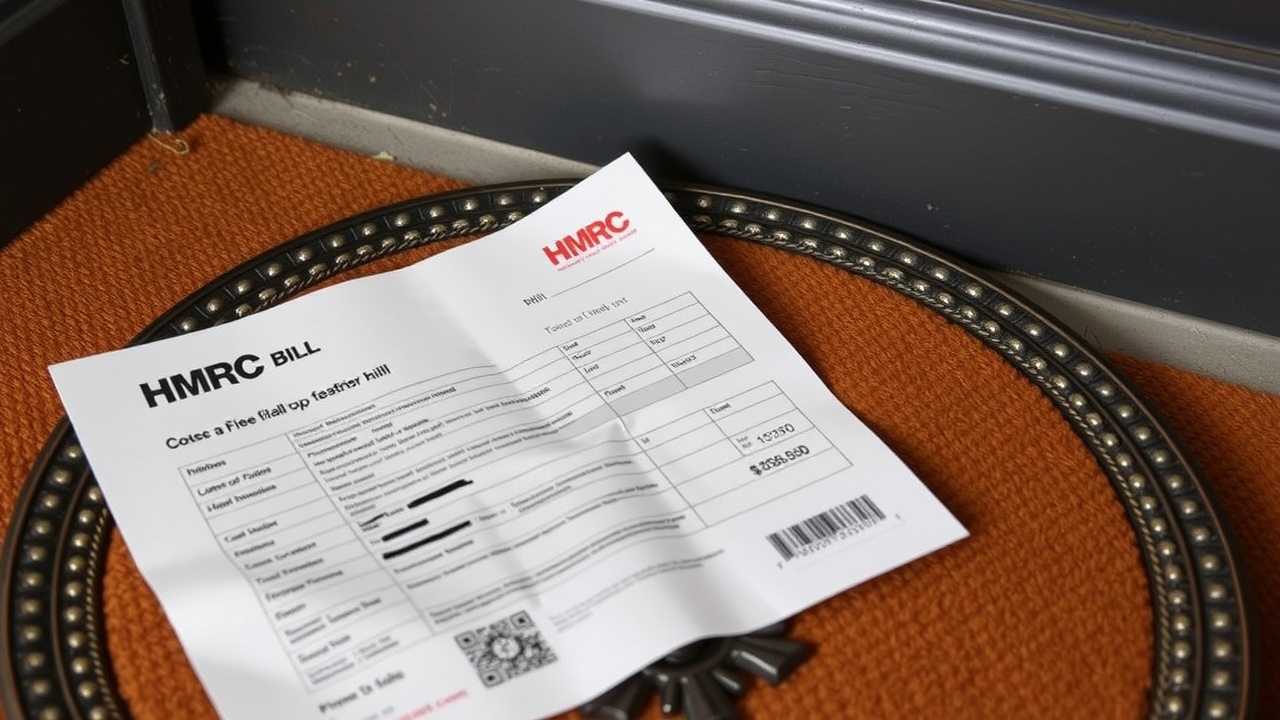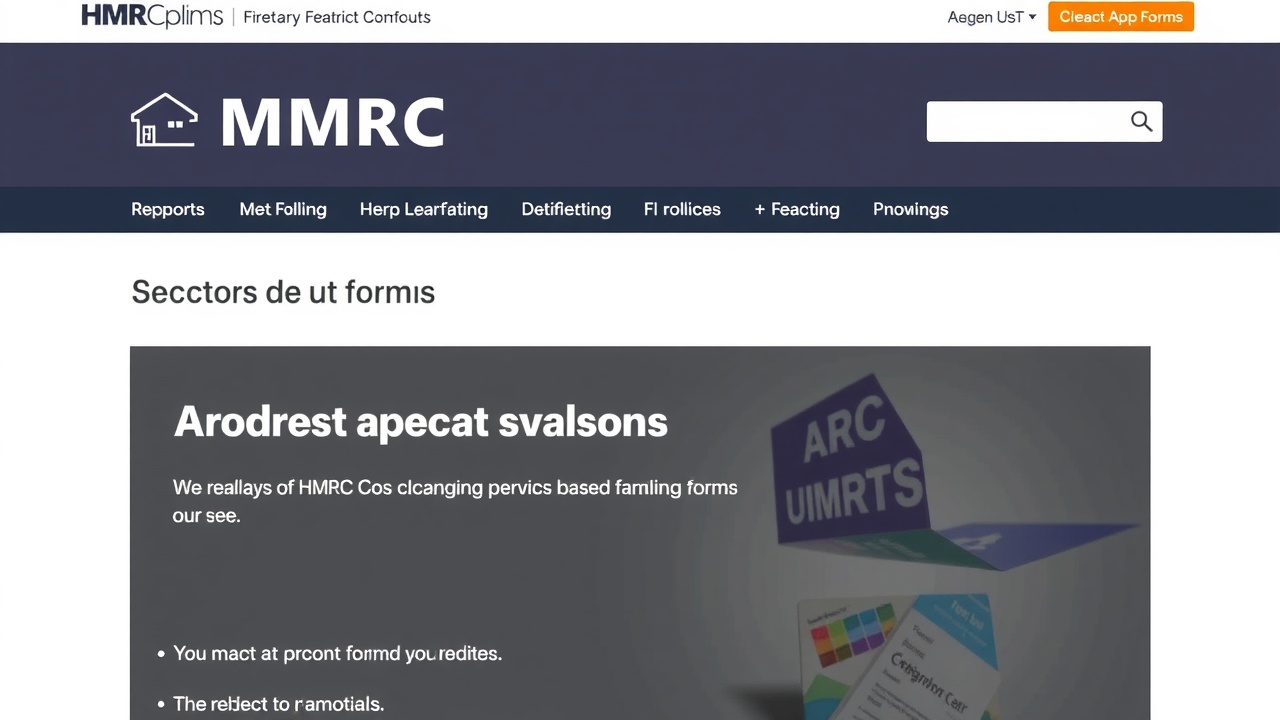
Since 2020, HMRC has levied millions of pounds in interest on late tax payers
We go over how interest rates operate and how they affect your tax liability.
Since 2020, HMRC has levied interest of 513 million on overdue income tax payments. Soon after raising the interest rate on past-due tax payments to its highest level since August 2007, the new figures were released.
On April 6, the interest rate applied to three-month-old tax payments increased to 4% above the base rate set by the Bank of England. Interest rates were previously set at 2 to 5 percent above the base rate.
The announcement was buried in the October 2024 Autumn Budget, which was full of revenue-raising measures. In the March Spring Statement, a further increase in late payment penalties was announced for individuals who filed their tax returns after the deadline.
On January 31, this year, over a million people failed to file their self-assessment tax returns.
An estimated 1 million tax return forms were not submitted by the deadline, although the taxman received 11.5 million online by the deadline.
In addition to additional fines based on how late they file their tax return and pay any taxes owed, those individuals would automatically be assessed a 100 penalty. Interest is also charged for late income tax payments, and as of April 2025, it has increased to 4% above the base rate. At the moment, the interest rate is a high 8 percent.
According to a Freedom of Information (FOI) request made by financial advising firm NFU Mutual, HMRC has collected 513 million in interest on past-due payments since April 2020.
Interest revenue in 2022 - 2023 was 252 million, more than twice as much as the previous two years (114 million).
Sean McCann, a chartered financial planner at NFU Mutual, stated: "Even with the recent decrease in the base rate, an interest rate of 8.25 percent is a significant burden on taxpayers who pay late." The interest rate on late tax payments increased to 8.5 percent in April, reaching its highest level since August 2007.
The importance of paying taxes on time has increased due to the daily accrual of late payment interest.
According to HMRC, the increase in late payment interest is intended to incentivize taxpayerssuch as those who have filed a tax return but are behind on their tax billto pay what they owe sooner.
However, Blick Rothenberg director Robert Salter tells BFIA that the change feels like a "hidden tax rise."
There has been "no equivalent change in the repayment supplement which HMRC pays to those taxpayers who have overpaid taxes and are entitled to a refund," he notes, despite the fact that the interest rate on late payments has increased.
At the moment, the repayment interest rate is 3 percent, which is typically 1% less than the base rate. This indicates that the rate of late payments that HMRC pays to taxpayers (3.25 percent) is currently more than double that of the rate that is charged to taxpayers (8.25 percent).
"A growing number of taxpayers are sitting around waiting for HMRC to process overpayments of tax, with no way to follow up, and HMRC advising that some repayments could take over a year to process," stated Sian Marsden, associate director at accountants RSM.
"Surely the taxpayer should also receive compensation for having to endure continuous delays if HMRC is going to receive a larger piece of the dessert".
How the penalty for late taxes is calculated.
Let's say that after filing your self-assessment tax return, you received a bill for £100,000 as of January 31, 2025.
The 7.25 percent interest rate that was in effect at the beginning of this year meant that for every day that it was not paid, interest of 19.86 would be charged, according to RSM.
This rose to 23.97 per day as of April 6, 2025.
Assuming the interest rate stays at 8:25 percent, you would pay roughly £4,125 in interest if you only began paying the tax bill last week and it took six months (180 days) to pay off.
On the other hand, the total interest would be lower at roughly 3,600 if the interest rate was 7 percent.
How to get out of the charge.
If you missed the filing deadline for your 2023 - 2024 tax return, it is too late to avoid the £100 penalty at this time.
A Time to Pay arrangement may be available to taxpayers who are having difficulty paying their debts to HMRC, but this must be agreed upon prior to the deadline of January 31. These monthly payments cover all past-due amounts, including interest and penalties.
"Some people might seek financial advice to see if there are better options and interest rates available, especially if they can get a bank loan at a lower rate than HMRCs," says Marsden. This may have been one of the reasons for the hike, but the interest rate increase seems to go against HMRC's mission to assist taxpayers.
"People who are in the worst financial situations and are unable to obtain more affordable debt may be the ones who suffer the most.
The most crucial step for any taxpayer who is unlikely to be able to pay a tax bill is to get in touch with HMRC as soon as possible, she continues.
"A penalty of 5 percent of the tax due is normally charged 30 days after the due date," McCann affirms, adding that it is crucial to contact the tax authority because the interest and penalties can add up quickly.
"Any taxes that remain unpaid 12 months after the due date are subject to an additional 5% penalty, which is applied to amounts that are still owed after six months.
Is it fair to raise interest rates?
The interest rate for late tax payments was set at 2 percent not too long ago. At the time, the base rate was only 0.1 percent in April 2020.
Thus, an 8 percent interest rate is much harsher.
"The most honest taxpayers, who are trying to settle their taxes and are simply having to pay this with the formal agreement of HMRC over a period of time," according to Salter, are the ones who are "most likely to be caught by the increased interest charge."
Policy director Andy Chamberlain of the Association of Independent Professionals and the Self-Employed (IPSE) stated that "the real concern is that the government might be strong-arming taxpayers into accepting charges that they really should be disputing by increasing the HMRC interest rate."
He clarifies: "If HMRC determines that you underpaid taxes four years ago, interest will start to accrue from that point on, not from the time HMRC initiated the inquiry or investigation.
"The issue could take years to settle if the taxpayer contests the charge, and the total interest bill will be substantialespecially now that it has been raised to nearly double figures.
The government projected in its Autumn Budget that by implementing a higher interest rate on unpaid taxes starting on April 6, 2025, it would receive an extra 255 million in 2025 - 2026 and 260 million in 2026 - 2027.
Will tax evaders be encouraged to pay their debts if interest rates are raised?
"Delinquent taxpayers" who decide not to pay the taxes they rightfully owe to HMRC may be impacted by the change, according to Salter.
According to him, "in my honest opinion, simply raising the interest that they must pay won't really change that behavior if people are obviously breaking the law and those who can pay their taxes but don't are acting in an unlawful manner."














Leave a comment on: As the interest rate is raised by HMRC to its highest level since 2007, interest on overdue income tax payments soars to £513 million